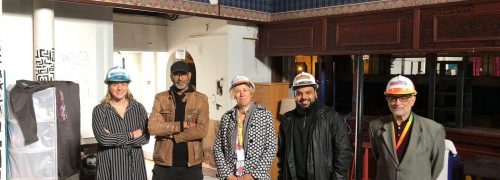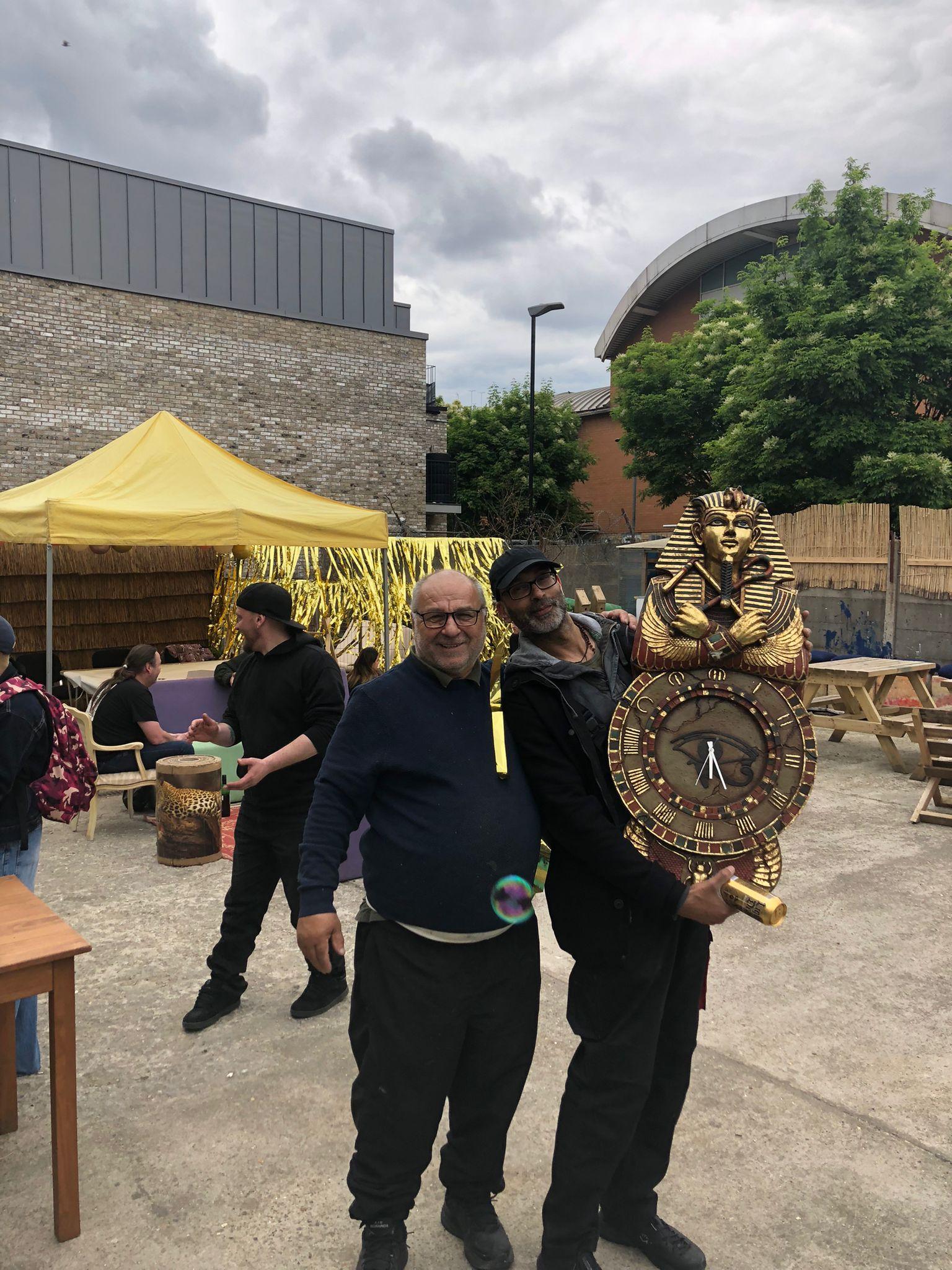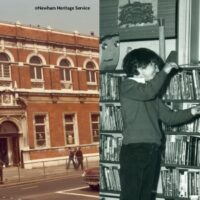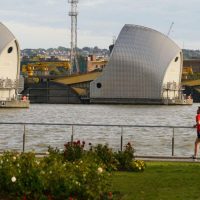
Heritage and history
Gee Sinha: we’re on a mission to restore the Tate Institute beyond its former glory in an eco-friendly way
Gee Sinha is the founder, Project Manager and Director of ReSpace. We catch up with Gee ahead of the next phase of the Tate Institute redevelopment to chat about the sustainable methods used to restore the iconic Silvertown building.
ReSpace is a social enterprise that takes beloved derelict buildings and brings them back to life for use by local people. We do this by reusing wasted resources and building shared community wealth. We make use of the things other people throw away. For past projects, we have made good use of second-hand furniture, leftover building materials, surplus food, and unwanted instruments.
Our current project is the redevelopment of the abandoned yet magnificent, Tate Institute. Once a thriving social hub for the people of Silvertown, the Tate Institute was built by Henry Tate in 1887 for his sugar factory workers. Left empty for decades, the derelict building fell into disrepair. As a listed heritage site, there is a desire from the community to restore it into a social space again. The redevelopment has been guided by regular engagement with local businesses and the Silvertown community to identify their needs and any gaps in provision. Four self-sustaining areas will be created consisting of an enterprise hub, workshops and event spaces, creative studios and a community gardens.
Along with a Newham Council grant for social value, further funding was needed to finish the building. We have been working to resolve this using our award-winning sustainability methods. Through our work with grassroots organisations, academics and climate and sustainability focused groups, we developed our own sustainability model. The project is designed to generate enough revenue to cover its costs with minimal funding. The ethical reuse of materials from local businesses and efficient use of finances enables us to drastically reduce costs and constantly evolve to deliver more social impact.
As a society, we create a vast surplus. Our plan provides a solution based on partnerships with organisations, local engagement, and the use of the existing infrastructure and resources to reduce waste. All this helps us to reduce costs and increase positive environmental impact.

We have made great use of donations. Some donations from local developers will be used for the main construction and refit. This includes laminated timber from Populo Living and planters from Bugler Developments.
Some of the more unique items include an Egyptian clock from a local removal company, curtains from Freemasons Hall and the iconic Soccer AM sofas which were donated by a television studio. I’m sure fans of the cult football show will enjoy being able to sit on them. Reusing items like these highlights the important value of things that are being wasted, not just financially but emotionally too.
We’ll also be using Sugarcrete® as part of the redevelopment. The material developed by the University of East London provides a low-carbon alternative to bricks and concrete blockwork. It combines sugarcane fibres left over after sugar production at Tate & Lyle Sugars with sand-mineral binders to produce bricks that have a carbon footprint six times smaller than traditionally made clay bricks.
We’re on a mission to restore the Tate Institute beyond its former glory in an eco-friendly way. We estimate that if we reuse less than 0.1% of surplus materials and resources, we can create enough value to fill the funding gap while also reducing the carbon footprint in the area. By collaborating with the local community, our goal is to promote a culture of reuse and efficient resource management. This approach builds on the successful methods we have implemented in other ReSpace projects and reflects our commitment to inclusivity and community care.
The building is currently being redeveloped in phases. So far, the community garden for is open for events and workshops.
Tate Institute is open 10am-6pm and is located at 1 Wythes Rd, Silvertown, London, E16 2DN. To arrange a hard hat site visit for a group of people to explore the building, email gee@respaceprojects.org
Find out the latest events, get involved and discover more information Tate Institute at www.reinstate.info


